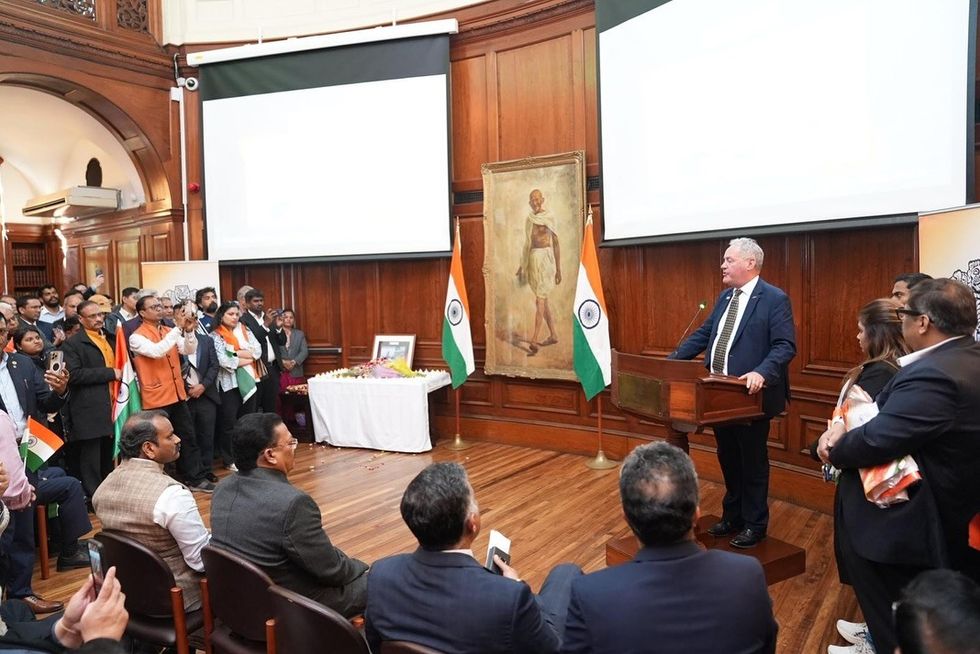INDIAN Army chief General M M Naravane has said that there can be no de-escalation without complete disengagement at all friction points in eastern Ladakh.
He added that the Indian Army is prepared for all contingencies in the region.
General Naravane told PTI that India is dealing with China in a "firm" and "non-escalatory" manner to ensure the sanctity of its claims in eastern Ladakh.
He added that the country is even open to initiating confidence-building measures.
It has been more than a year since the military standoff between the two sides erupted in eastern Ladakh.
Both the countries have made limited progress in achieving disengagement at the Pangong lake area while negotiations for similar steps at other points remained deadlocked.
General Naravane asserted that the Indian Army is currently holding onto all important areas in the high-altitude region.
"We are very clear that no de-escalation can take place before disengagement at all friction points. India and China have signed a number of border agreements which have been unilaterally breached by the People's Liberation Army(PLA)," he said.
"Though we want peace and tranquillity at the Line of Actual Control (LAC) and are open to initiating confidence-building measures, we remain prepared for all contingencies."
He said that the situation along the northern border is under control and that the coming rounds of military talks with China will focus on restoring the status quo of April 2020.
"Indian Army is very clear that no loss of territory or unilateral change in status quo will be permitted. We are dealing with the Chinese in a firm and non-escalatory way, ensuring the sanctity of our claims in eastern Ladakh," the Army chief said.
To a question on when a resolution of the standoff can be expected in areas like Hot Springs, Gogra and Depsang, he said it is difficult to predict the timeline.
"The Indian Army maintains all protocols and agreements between the two countries while the PLA escalated the situation by utilisation of unorthodox weapons and amassing a large number of troops," he said, in a reference to the Galwan Valley clashes last June.
India-China ties came under severe strain following the deadly clash at the Galwan valley following which both sides rushed in thousands of additional troops as well as battle tanks and other large weapons to the region.
"The trust levels are bound to be low when a major standoff takes place between two countries leading to casualties on both sides. However, it is always our endeavour that this trust deficit should not hinder the negotiation process," the General said.
"As two professional armies, it is imperative that we resolve the situation and make progress to restore trust at the earliest."
He revealed that there has been no infringement by the Chinese side following the agreement on the disengagement in the Pangong lake area and that chances of any untoward incident is low.
He also said the strength of troops on both sides at present are more or less what it was last year and that the Indian Army was aware of what is happening in the region, adding "you cannot be complacent".
Each side currently has around 50,000 to 60,000 troops along the LAC in the sensitive sector. The military standoff began at multiple friction points on May 5 last year.
Both sides completed the withdrawal of troops and weapons from the North and South banks of the Pangong lake in February as part of an agreement reached following a series of military and diplomatic talks. T
he two sides have held 11 rounds of military talks with an aim to ensure disengagement and de-escalation at the friction points.



















 Bob Blackman MP speaks during the event
Bob Blackman MP speaks during the event